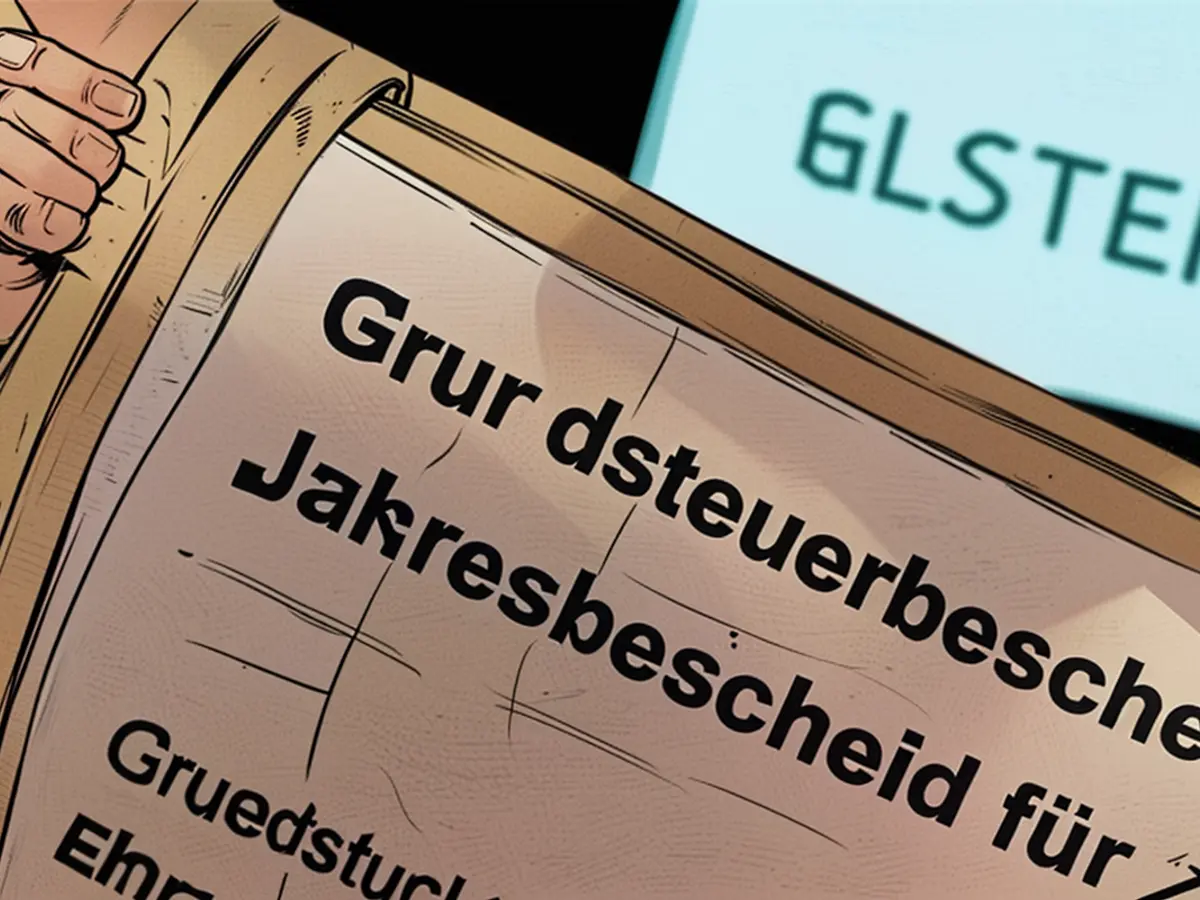Municipalities - Adoption of property tax law delayed
The passage of a controversial bill on the CDU and Greens government coalitions' tax reform for property tax is being delayed. The FDP fraction in the North Rhine-Westphalia state parliament today requested a third reading of the bill after the second reading of the black-green state government's draft. Normally, bills are passed after the second reading.
It is still unclear when the third reading will take place, according to a parliamentary spokesperson in response to an inquiry. The third reading must be added to the agenda. A decision on this matter may be made on Thursday. The parliament meets in Düsseldorf on both Thursday and Friday.
Differentiation against excessive burden
The draft bill proposes that cities and municipalities will be able to set different tax rates for residential and commercial real estate for the calculation of property tax in the future. With this differentiation, the state aims to prevent excessive burden on owners of residential properties.
The municipalities can use this option but are not obligated to do so. They can also continue to set a uniform tax rate for real estate. The state cites regional differences in NRW as an argument for differentiated property tax rates. For example, residential properties in the Cologne or Düsseldorf area are particularly expensive.
Property tax reform aims for revenue neutrality
The property tax, with a revenue of approximately four billion euros, is one of the most important revenue sources for the municipalities. With this, they finance schools, kindergartens, streets, and playgrounds.
The goal of the federal and state governments in implementing the property tax reform is revenue neutrality. This means that the tax revenue in individual municipalities should be approximately the same after the reform as before. For individuals or companies, property tax could also increase or decrease. From January 1, 2025, property owners must pay property tax according to a new calculation method.
- The delay in the passage of the controversial property tax reform bill in North Rhine-Westphalia's state parliament is causing concern among the CDU and Greens government coalition.
- Despite the FDP fraction's request for a third reading of the bill, it is uncertain when this will occur, as it must be added to the parliamentary agenda.
- A decision on this matter may be made during the parliament's session in Düsseldorf on Thursday.
- As part of the proposed property tax reform, municipalities in North Rhine-Westphalia will have the option to impose different tax rates for residential and commercial properties, as a means to prevent excessive burden on residential property owners.
- Some municipalities may choose to take advantage of this option, while others may opt to continue setting a uniform tax rate for real estate, depending on their unique circumstances.
- The controversial property tax reform bill has been met with resistance from various government factions, including the FDP, who are advocating for a fairer distribution of property tax burdens across municipalities.
- Eventually, property owners in North Rhine-Westphalia will see changes in their property tax calculations starting from January 1, 2025, as part of the broader property tax reform efforts being pursued by the German government.








